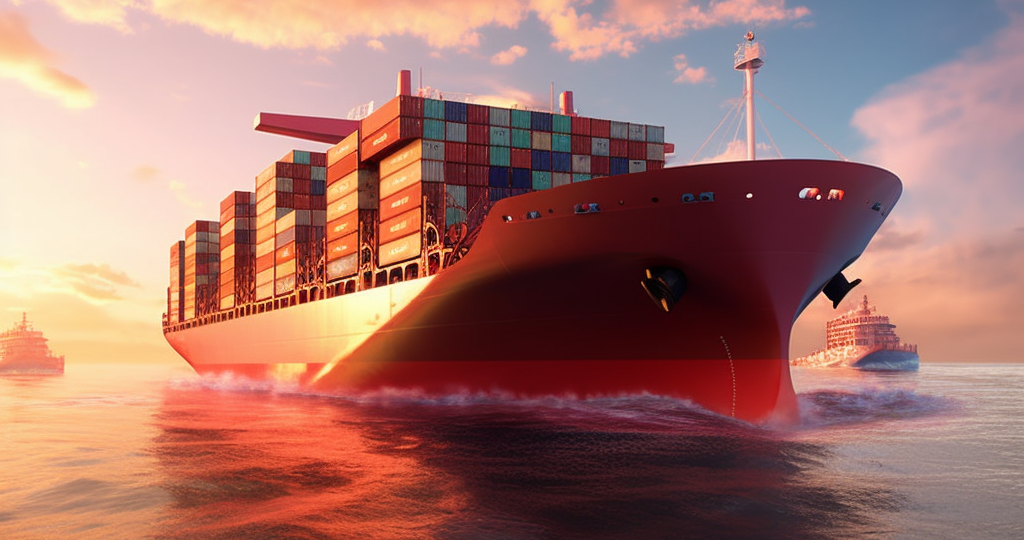Introduction
In an era where sustainability has taken center stage, the transformative power of metal recycling in revolutionizing supply chains cannot be overstated. As industries strive to adopt more responsible practices, metal recycling emerges as a game-changer, offering a sustainable solution that transcends traditional linear processes. Join us as we embark on a captivating journey, exploring how metal recycling is transforming industries, revitalizing supply chains, and paving the way for a more environmentally conscious and prosperous future.
The Rise of Sustainable Practices:
The escalating urgency to address environmental concerns has sparked a remarkable shift towards sustainable practices in industries worldwide. Embracing the principles of sustainability means reimagining supply chains, from sourcing raw materials to managing end-of-life products. Within this paradigm, metal recycling stands out as a beacon of hope—a practice that embodies circularity, resource efficiency, and waste reduction. By integrating metal recycling into supply chains, industries can navigate the intricate landscape of sustainability while realizing economic benefits and bolstering their reputation as responsible stewards of the environment.
Metal Recycling as a Catalyst for Change:
Metal recycling serves as a catalyst for change, reshaping supply chains by infusing them with sustainable principles and practices. By diverting metal waste from landfills and reintroducing it into the production cycle, industries can significantly reduce their ecological footprint. The process involves collection, sorting, and reprocessing discarded metal items, which are then transformed into valuable raw materials for manufacturing. This closed-loop approach not only conserves resources but also minimizes the need for primary metal extraction, thereby curbing energy consumption, reducing greenhouse gas emissions, and mitigating environmental impact.
Driving Innovation and Collaboration:
The journey towards sustainable supply chains requires innovation and collaboration across industries. Metal recycling necessitates the collective efforts of manufacturers, recyclers, policymakers, and consumers to ensure effective collection, proper segregation, and responsible disposal of metal waste. Additionally, technological advancements play a vital role in enhancing recycling processes, optimizing sorting techniques, and maximizing the value derived from recycled metals. By fostering a culture of innovation and collaboration, industries can overcome challenges, seize opportunities, and drive the transformation towards sustainable practices powered by metal recycling.
Enhancing Resilience and Risk Mitigation:
The integration of metal recycling into supply chains not only yields environmental benefits but also enhances resilience and risk mitigation. By diversifying raw material sourcing and reducing dependency on virgin materials, industries become less vulnerable to price fluctuations, supply chain disruptions, and geopolitical uncertainties. Metal recycling offers a reliable and sustainable alternative, ensuring a stable supply of raw materials while simultaneously reducing costs and increasing operational efficiency. As the global economy becomes more interconnected, the ability to navigate uncertainties and build resilient supply chains becomes paramount, making metal recycling a strategic advantage.
In the quest for sustainable practices, the transformative impact of metal recycling on supply chains is undeniable. By embracing the principles of circularity, resource efficiency, and waste reduction, industries can revolutionize their operations, fostering economic growth while preserving the environment. Metal recycling serves as a powerful tool to navigate the complexities of sustainability, enhancing resilience, mitigating risks, and driving innovation. As we continue to unlock the potential of metal recycling, let us embark on this collective journey to transform industries and pave the way for a more sustainable future, where responsible practices and vibrant supply chains coexist harmoniously. Together, we can build a world where sustainability thrives, and our industries become beacons of environmental stewardship.


